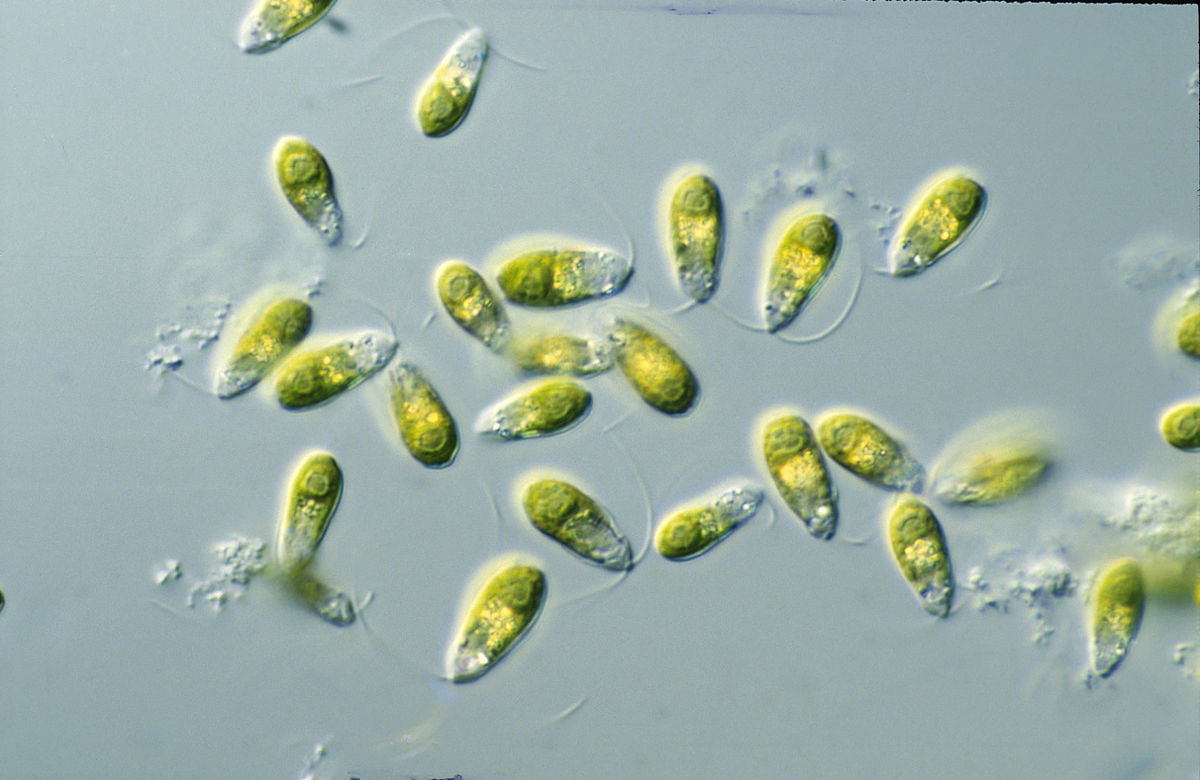Scientists are trying to grow extremophilic algae in conditions similar to martian. They hope that these primitive plants will be able to provide people with oxygen and food during their stay on the red planet.

How to get oxygen and food on Mars?
Even a short-term flight to Mars will last several years, and all this time the crew needs to be supplied with food and oxygen. Usually plants are well managed with this task. But for most of them, the conditions on the red planet are too extreme. The atmosphere is very thin and consists of 98 percent carbon dioxide, the Sun is much dimmer than on Earth, and it is very cold.
Researchers put great hope on extremophilic algae. These primitive plants can be found on earth in extremely unfavorable conditions: in salty lakes and at the tops of snow-covered mountains. They are edible and can produce large amounts of oxygen.
The researchers decided to grow several species of extremophilic algae in conditions that mimic Mars. The plants were placed in containers with water, around which they created a carbon dioxide-rich, but very sparse atmosphere and poor lighting.
How well do extremophilic algae grow in Martian conditions?
Usually plants need a significant proportion of oxygen in the atmosphere. After all, in addition to photosynthesis, they also have respiration. But extremophilic algae like excess carbon dioxide in the atmosphere.
But the researchers had doubts about their growth in a rarefied atmosphere. However, the algae showed good results even under these conditions. In total, the researchers grew three of their species, which grow in slightly different conditions and differ in their biology.
Dunaliella salina is found all over the world in salt lakes, Chloromonas brevispina lives in very cold climates, and Chlorella vulgaris is a popular dietary supplement and grows in many natural and artificial reservoirs. By observing them, scientists wanted to find out which biological adaptations help them better tolerate Martian conditions.
Algae adapted to these conditions will be used to provide for people on Mars. Now scientists are trying to understand what factors they need to ensure resistance to in the first place. It is expected that it will be much easier to provide the required level of illumination than the earth’s pressure. Therefore, first of all, scientists are interested in the ability to grow in the conditions of the Martian atmosphere.
According to phys.org
Follow us on Twitter to get the most interesting space news in time
https://twitter.com/ust_magazine

